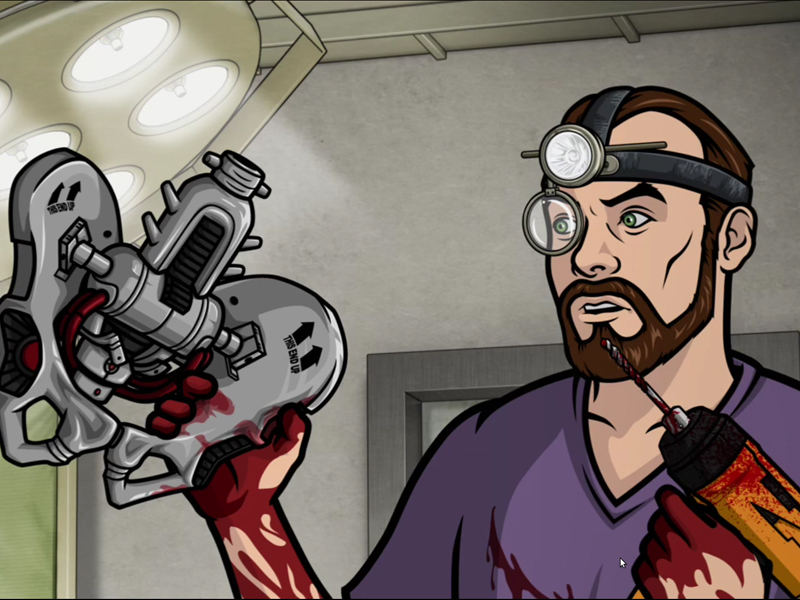A system-wide overhaul in Victoria following the Bacchus Marsh deaths may have unintended consequences
Victoria’s response to the Bacchus Marsh cluster of baby deaths is threatening procedural services provided by GPs in country hospitals in the name of safety.
A major shakeup of the state’s health system is under way following last month’s scathing report by the Grattan Institute’s Dr Stephen Duckett, prompted by the apparently avoidable deaths of at least 11 babies at the large regional hospital.
The Duckett report found the cluster of newborn deaths and stillbirths between 2001 and 2014 had gone unnoticed because of system failure: the health department had left oversight in the hands of local boards but failed to support them, allowing haphazard monitoring and reporting practices and giving rise to a culture of cover-ups.
But rural doctors are alarmed to see the system-wide overhaul includes steps to curb obstetric and anaesthetic services performed by GPs as visiting medical officers at small rural hospitals.
“Our concern is that potentially it may inadvertently result in closure of some units which could put people in more risk, particularly if they have to travel for birthing services,” Dr Sue Harrison, president of the Rural Doctors Association of Victoria, told The Medical Republic.
“While we are fully supportive of improved clinical governance, we need to be very cautious that we don’t limit access to care and have people travel further than they should or have skills diminishing in small hospitals,” the Echuca GP said.
Several rural hospitals have had a downgrading of the obstetric services they can offer, and the birthing unit at Terang, in the Western District, has been given a 12-month reprieve.
“They thought they would shut us down because we were down to only about 20 births a year.
“But there was a massive backlash by midwives and local people who have had their children born here,” said Dr Tim Fitzpatrick, a Terang GP obstetrician for 25 years.
Wonthaggi Hospital, in southern Gippsland, has been ordered to stop using GP anaesthetists for surgical procedures on children under 12.
Dr Harrison said restricting GP anaesthetists could have dangerous implications in a rural setting.
“If (VMOs) don’t routinely manage airways in children and we have a medical emergency, those skills are lost to the town,” she said.
In fact, the Duckett report – Targeting Zero: supporting the Victorian hospital system to eliminate avoidable harm and strengthen quality of care – recommended putting more resources into small, GP-led rural health services.
The report said the department should reinstate a dumped quality-improvement program in which GP VMOs peer-reviewed records from other rural hospitals, looking for adverse events and recommending ways to prevent their recurrence.
“This process, which ran from 2001 to 2012, is a proven and popular tool for reducing complications in patients,” the report said, noting doctors had found it valuable and educational.
The Limited Adverse Occurrence Screening (LAOS) program, run by the former divisions of general practice, was scrapped because the department deemed it was lacking in “shared vision” and expensive, costing nearly $750,000 in
2011 to identify 145 inpatient records involving an adverse event or
educational opportunity.
“We believe these findings support the case for evolving the program, not dissolving it. A few tweaks would have significantly improved its impact and cost-effectiveness,” the Duckett report said.
“When LAOS was dissolved, nothing was put in place to replace it.
“As a result, rural hospitals went from having a middlingly effective program for monitoring and addressing adverse events to receiving very little external feedback at all.”
Dr Nola Maxfield, a GP obstetrician at Wonthaggi, said a weakness of LAOS was that hospitals could choose to ignore doctors’ recommendations, but the process of review by colleagues working in similar environments was highly valued by rural doctors for learning and updating skills.
With the move to strengthen rural healthcare governance, decisions had to be made with understanding and respect for the role of rural health services and rural generalist GPs, she said.
Several doctors told The Medical Republic that limiting the practice of GP VMOs would be a setback for the ongoing drive to equip more rural doctors with procedural skills.
“We are only going to see the next generation of medical students and young doctors do the required training if they see they are valued and there is a career pathway for them,” Dr Maxfield said.


